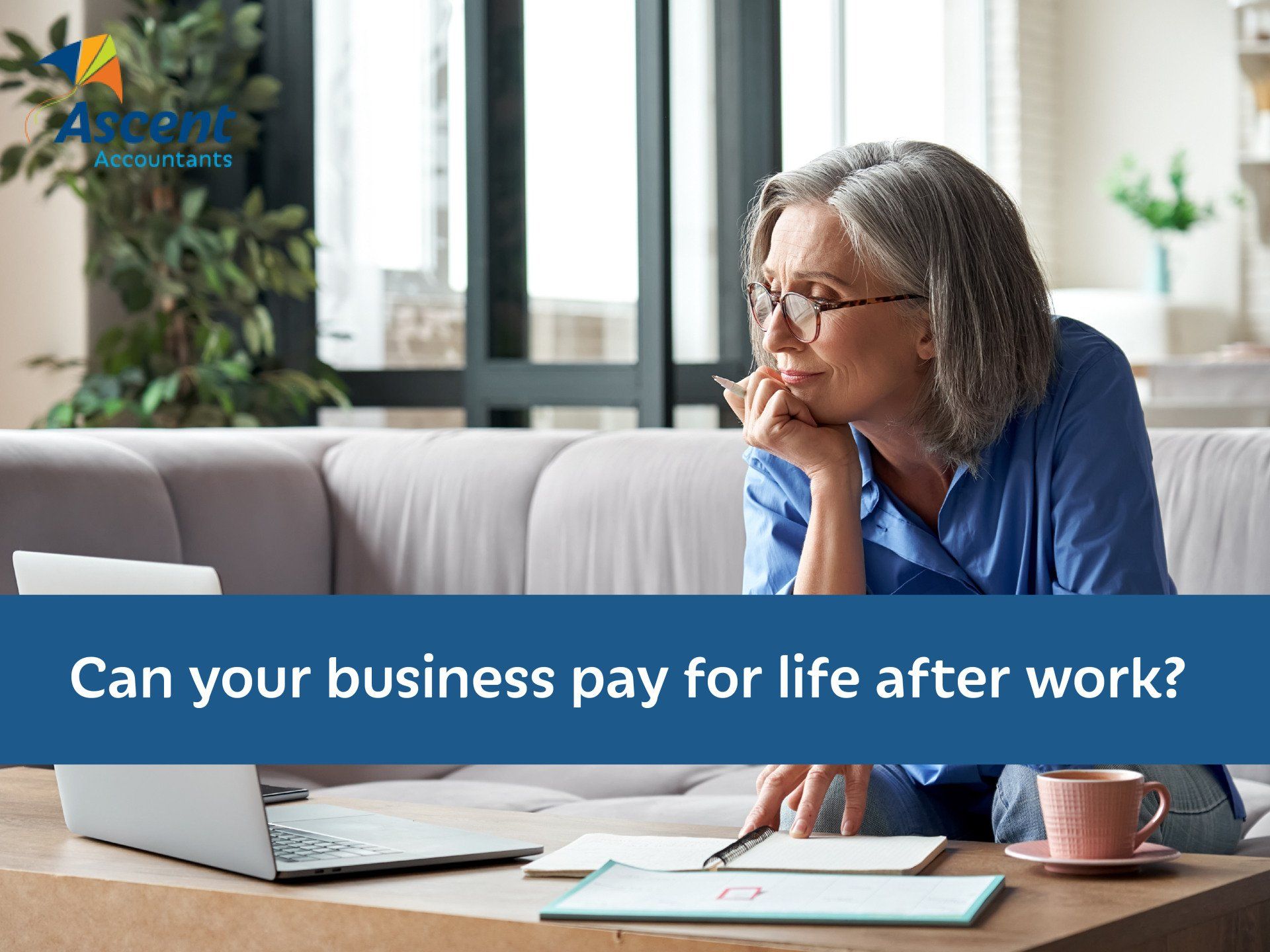Can your business pay for life after work?

As a business owner, your business is your super. It’s a scary thought for some, because you’re essentially allowing your market, customers, clients, and operations to determine your retirement lifestyle. As the market ebbs and flows or you begin to contemplate selling your business, you might be asking, “can this really support me once I retire?”.
This has become an even more pressing question in recent times. The pandemic, and even the recent sky-high petrol prices, have taken a toll on many business professionals.
Business owners often solely focus on, well, running their business — which isn’t a bad thing! It deserves your full attention, but this often means that passive income streams are an afterthought, or don’t exist at all. Many business owners sell their business leading into retirement, and discover it isn’t the price they’d long hoped for, leaving them in the lurch.
Picture this…
You own a café in Subiaco — a bustling inner-city suburb rife with other business owners looking for their coffee fix, as well as their customers, and your usual patrons. Business is good — or was. Now, COVID has the vast majority of your customer-base working-from-home. Your staff are often close contacts or sick themselves, and you find yourself dusting a lot more than usual. You might even need to close your doors for good.
This is the reality thousands of business owners face. Not just café holders, but professionals across a huge number of sectors. The main takeaway? Relying on the market to determine your fate is incredibly risky.
Make a change.
As accountants, we’ve seen the toll the above story can have on individuals and their families. Although it’s tempting to pour everything into your business to build it up and make it more profitable, this often isn’t the right way forward.
It’s vital that you establish capital outside your primary income stream and take steps towards concrete wealth planning. This minimises risk, boosts retirement certainty, and means you can sell your business on your terms — not because you’ve been strong-armed by a dwindling market.
Make regularly contributions to a designated savings or investment vehicle; even a small amount will make a difference in the end. You should also establish an investment portfolio using a risk-averse structure that’s shielded from commercial trading risk as much as possible. The goal is to keep all your eggs out of one basket and avoid your entire retirement plan resting on the sale of your business.
There is no doubt that you need to maximise the value of your business by improving systems and procedures to lessen the reliance of the business on you, the owner. But, don’t make your business your only asset for retirement.
Let’s talk
There’s no one-size-fit-all approach the wealth planning. The best way to work out the path forward for you, your business, and your circumstances is to sit down with a professional. We can put you in touch with a trusted financial planner, and offer our advice as well.
When you’re ready,
contact us.
Need help with your accounting?








